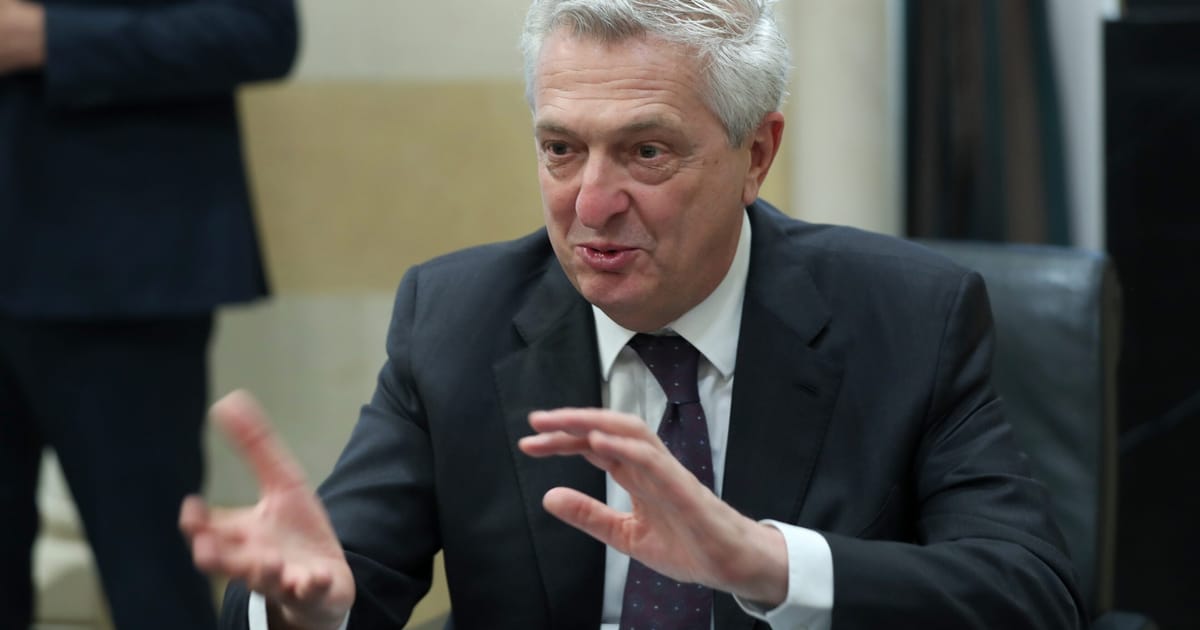

Recently, a series of significant discussions and negotiations have captured the world’s attention, highlighting the importance of international cooperation and the complexities of global politics. These include efforts to address rising migrant issues due to budget constraints, potential progress in U.S.-EU trade relations, and ongoing attempts to mediate peace in Gaza.
At the heart of these discussions, Filippo Grandi, the United Nations High Commissioner for Refugees, emphasized the impact of budget cuts on increasing migration pressures in Europe. Grandi pointed out that enhancing aid to African nations could significantly alleviate migration challenges, suggesting that a strategic increase in aid could address root causes and foster stability in the region. His statement underscores the vital link between economic support and migration patterns, shedding light on how collaborative financial efforts could lead to long-term solutions.
Meanwhile, across the Atlantic, a promising development in trade discussions has emerged between the United States and the European Union. At a recent meeting held at former President Donald Trump’s golf club in Scotland, European Commission President Ursula von der Leyen engaged in discussions characterized by optimism and a shared desire for progress, despite the lack of immediate breakthroughs. Trump and von der Leyen’s meeting reflects a mutual understanding of the need for strong transatlantic ties, aiming to foster an environment conducive to economic growth and collaboration.
Additionally, British Prime Minister Keir Starmer is poised to engage in diplomatic efforts to encourage the United States to re-engage in the Gaza ceasefire talks. With growing international concern over the humanitarian situation in Gaza, Starmer’s upcoming meeting with Trump is set to focus on urging a revitalized U.S. role in facilitating dialogue between Israel and Hamas. This pursuit aligns with the broader goal of achieving peace and alleviating the dire conditions faced by many in the region.
Starmer is expected to emphasize the importance of rekindling negotiations and leveraging the U.S.’s influential role in mediating conflicts. Both leaders, while differing in their political orientations, appear committed to nurturing the storied “special relationship” between their countries. Trump’s acknowledgment of this relationship, coupled with Starmer’s diplomatic approach, signals hope for potential advancements in peace efforts.
These interconnected discussions underscore the intricate tapestry of global politics, marked by the significance of collaboration, dialogue, and strategic investments. Whether addressing migrant issues through economic support, solidifying ties through trade discussions, or advocating for peace, the international community continues to navigate complex challenges with hopeful anticipation. While obstacles remain, these ongoing efforts highlight the potential for progress when nations come together with a shared vision for a harmonious and prosperous future.
Source: {link}
